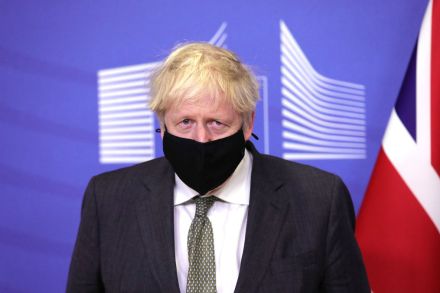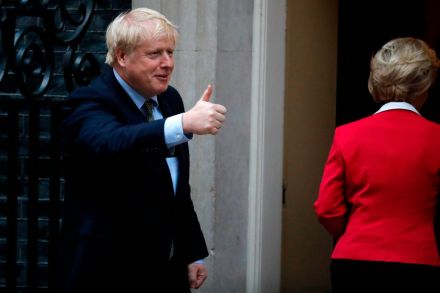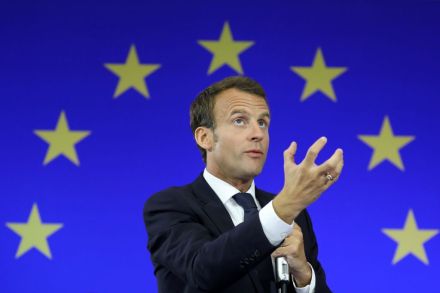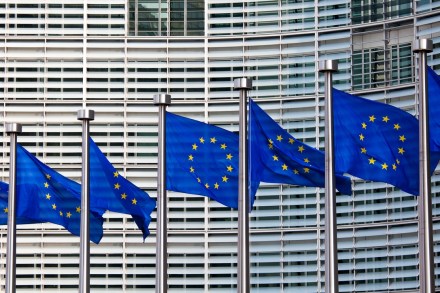At last: we have a Brexit deal
Boris Johnson and Ursula von der Leyen have both confirmed that we have a deal: one with zero tariffs, zero quotas. The details are not yet published, but several details are now being reported. What follows is a summary of those reports and rumours: we should soon have 2,000 pages of chapter and verse. The upshot: it’s Brexit. No single market, no free movement, no role for the European Court of Justice, no quotas, no tariffs. At least in goods: there won’t be much in the deal for the services sector (plus ça change) but more on co-operation over terrorism, security and preserving the cross-border energy market. From the looks of it, the UK has




















